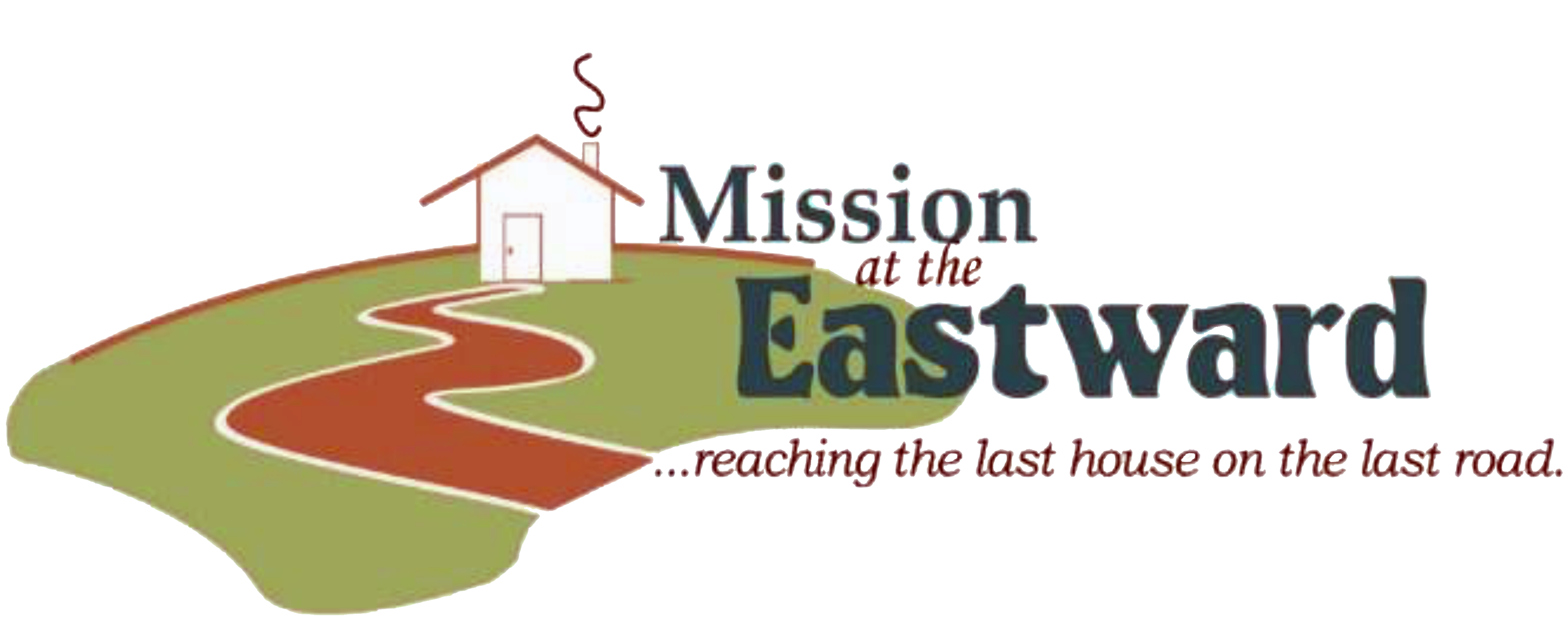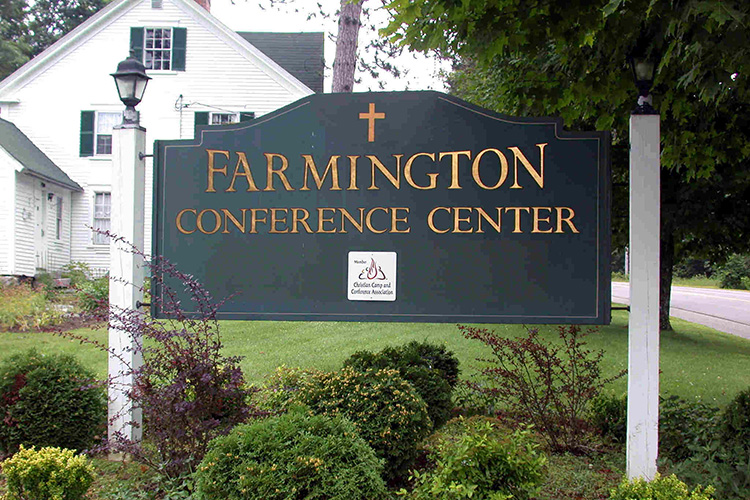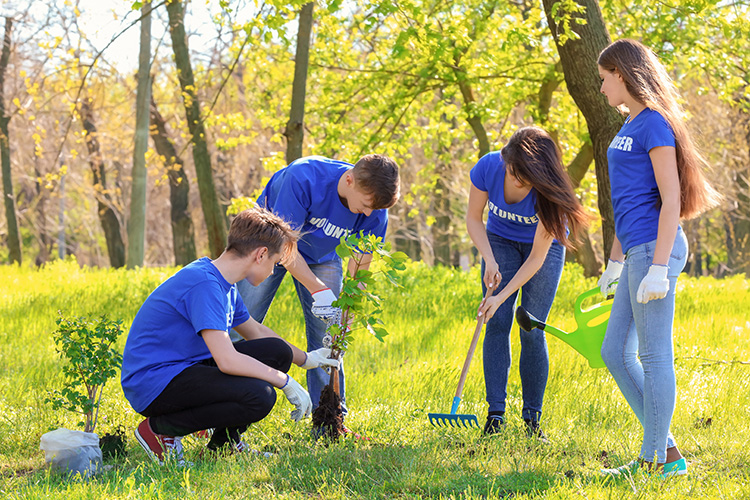MATE Youth Connection
Service Camp
WHEN
The MYC Service Camp is a 3-day event that will run from the morning of Wednesday, July 5th until the late afternoon of Friday, July 7th.
WHERE
Overnight lodging of participants will be available at the
Farmington Conference Center, a wonderful camp facility nestled along the banks of the Sandy River.
WHO
The service camp is available to all adolescents from the ages of 12 to 17, no matter their beliefs or religions affiliation.
COST
Tuition is $50/participant to help us offset some of the costs associated with running this event. Schlorships are available to those who could use assistance. Please contact us to learn more.
*Applications due by June 1st*
After this date, applications may be approved on a space-available basis.
The MYC Service Camp will focus on instilling in the next generation the desire to serve their fellow human beings. Volunteering can have many benefits for adolescents, including the development of religious values. Here are a few ways that volunteering can be beneficial in this regard:
- Building empathy and compassion: Volunteering can help adolescents understand the needs and struggles of others, and develop empathy and compassion for those who are less fortunate. These qualities are important in many religions, and can help adolescents develop a stronger sense of the importance of caring for others.
. - Learning about religious teachings in action: Many religious teachings emphasize the importance of serving others and making a positive impact in the world. By volunteering, adolescents can see these teachings in action and gain a deeper understanding of what it means to live a religiously meaningful life.
. - Connecting with others in their community: Volunteering can help adolescents build meaningful connections with others in their community, including those from different religious backgrounds. This can help them develop a more nuanced understanding of different religious beliefs and practices, connecting those from different backgrounds and upbringings to show how they are more alike than different, and build relationships that may be important throughout their lives.
. - Building a sense of purpose and meaning: Volunteering can help adolescents develop a sense of purpose and meaning in their lives, which is often a key component of religious faith. By making a positive impact in their community, adolescents can feel a sense of pride and accomplishment that can help them develop a stronger connection to their religious beliefs and values.
Overall, volunteering can be a powerful tool for developing religious values, as it allows adolescents to see the teachings of their faith in action, build empathy and compassion for others, and connect with their community in meaningful ways. Unfortunately, due to depleting numbers of adolescent parishioners experienced by churches across denominations and faiths, it has become nearly impossible for most congregations to organize youth service trips on their own.
MYC Service Camp will be available to youth from throughout the region, no matter the denomination or religion, or whether or not the adolescent comes from a faith-based background. No particular beliefs will be pushed on participants of the camp; our entire focus will be on instilling within the next generation the desire to serve those around them and make valuable connections with each other. Alone, we may not have the numbers to organize a youth service trip, but together, we will form a collective service trip that is transformative for all!
WHAT WILL GO ON AT THE MYC SERVICE CAMP
Matthew 25:35 emphasizes the importance of helping and showing kindness to those in need. It is a call to action to extend love and care to those who are less fortunate and to be a source of support and comfort to those who are struggling. Although Matthew 25 is part of the New Testament, we believe that the idea to help your fellow human being is universal, and we’ll seek to cultivate this desire to serve within camp participants without forcing any particular religious belief upon them.
The MYC Service Camp will put a particular emphasis on feeding the hungry. We’ll be bringing camp participants to numerous locations in the Farmington area to learn about the process of growing/making food, along with the process of taking food from where it is grown or produced and getting it into the hands of those who need it the most.
Service Day 1
One of the locations that we’ll be taking camp participants to is Martin Woods Farm, a historic farm located in the nearby town of Starks.
The farm was established in 1797 by Nathaniel Martin, and has been in the Martin family for seven generations. The farm is known for its unique and well-preserved historic structures, including a large 19th century barn, a carriage house, and a farmhouse.
.
The Martin Woods Farm is also recognized for its contribution to the agricultural heritage of Maine, and has been designated as a Maine State Agricultural Historic Site. Today, the farm is still operated by the Martin family, and offers tours and educational programs that provide insight into the rich history and culture of Maine’s rural communities.
Here, participants will learn about the farm’s mission to honor God through rural living and the careful stewardship of His gifts. We’ll be taking a tour of the farm and seeing the various produce that is grown here and how the folks at Martin Woods Farm help to feed the hungry in our area, and we may even get to pet an animal or two along the way!
Service Day 2
We’ll also be taking camp participants to the Hope Harvest Garden located on the campus of Franklin Memorial Hospital. The garden cooperative was established in 2015 as a joint effort between the hospital and Healthy Community Coalition, a local organization dedicated to improving the health and well-being of the community.
The garden provides a space for community members to come together to grow fresh produce and herbs, which can be used for personal consumption or donated to local food banks and other organizations that serve those in need. The garden also serves as an educational resource, offering workshops and other programming on topics such as gardening, nutrition, and cooking.
In addition to supporting community health, the Hope Harvest Garden also promotes sustainability by using organic growing practices and reducing food waste. The garden is maintained by volunteers, including hospital staff, community members, and local organizations. The Hope Harvest Garden is an important community resource that promotes healthy living, community engagement, and environmental sustainability.
Here, participants will learn about the volunteer Master Gardener Program from Nichols Rowley, the Sustainable Agriculture & Horticulture Professional at the Universtity of Maine at Orono Farmington Extension. Specifically, Nick will be talking about how the cooperative helps to feed the hungry in the area, along with teaching participants about the importance of sourcing produce locally.
We’ll also be taking camp participants to our local partner in service, St. Rose of Lima Parish in Jay, Maine. Here, participants will learn about various social ministry programs going on at the parish that seek to fulfill the call-to-action of Matthew 25. In particular, participants will learn about the 3 key ministries below:
- Ora Breads Ministry
-
-
- A volunteer program that bakes and delivers bread to those in need in the local community.
- The program is run by volunteers from the St. Rose of Lima Catholic Church and St. Joseph’s Catholic Church. The bread is made using donated ingredients and baked by volunteers in the church kitchen. The program distributes the bread to local food pantries, shelters, and individuals.
- In addition to providing food assistance, the Ora Breads social ministry program also serves as a way to bring together members of the community and promote fellowship and service. It is an example of how faith-based organizations can help address food insecurity and serve our neighbors.
-
-
- St. Rose of Lima Food Pantry
-
-
- The St. Rose of Lima in Jay and St. Joseph’s in Farmington both have food pantries that provide assistance to individuals and families in the surrounding community. These programs are run by volunteers from both churches and the program relies on donations from the community to provide food and other basic necessities.
- The food pantry ministries offer a variety of non-perishable food items, as well as fresh produce, dairy products, and meat when available. The programs serve individuals and families of all backgrounds, regardless of religious affiliation or belief.
-
-
- St. Rose of Lima Thrift Store
-
-
- A second-hand store that sells donated items such as clothing, furniture, books, and household goods. It is run by volunteers and all proceeds go towards supporting the various community programs run by the church. The store is open to the public and offers affordable prices on a wide range of items.
-
-
Adventure Day
On the last day of the MYC Service Camp, we’ll be taking camp participants on a day of fun and adventure to Maine Huts & Trails, a local non-profit organization that operates a network of backcountry trails and eco-lodges in western Maine. The organization provides a unique opportunity for adolescents to unplug, connect with each other and their surroundings, and explore and experience the natural beauty of the area while engaging in outdoor activities such as hiking, biking, paddling, and skiing.
Depending on availability, we’ll either be visiting Poplar Stream Hut or Flagstaff Lake Hut. Both locations offer enriching outdoor activities for the participants to enjoy. During the trip to the huts, our Executive Director, Chris DeLisle, who is the former Marketing Director for Maine Huts & Trails, will be taking participants on a tour of the facility and sharing how the eco-lodges use an array of green technologies to operate off-the-grid and remain environmentally friendly.
*Applications due by June 1st*
After this date, applications may be approved on a space-available basis.











